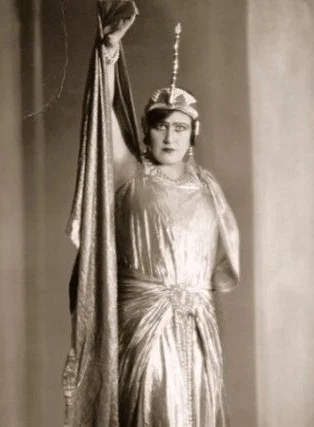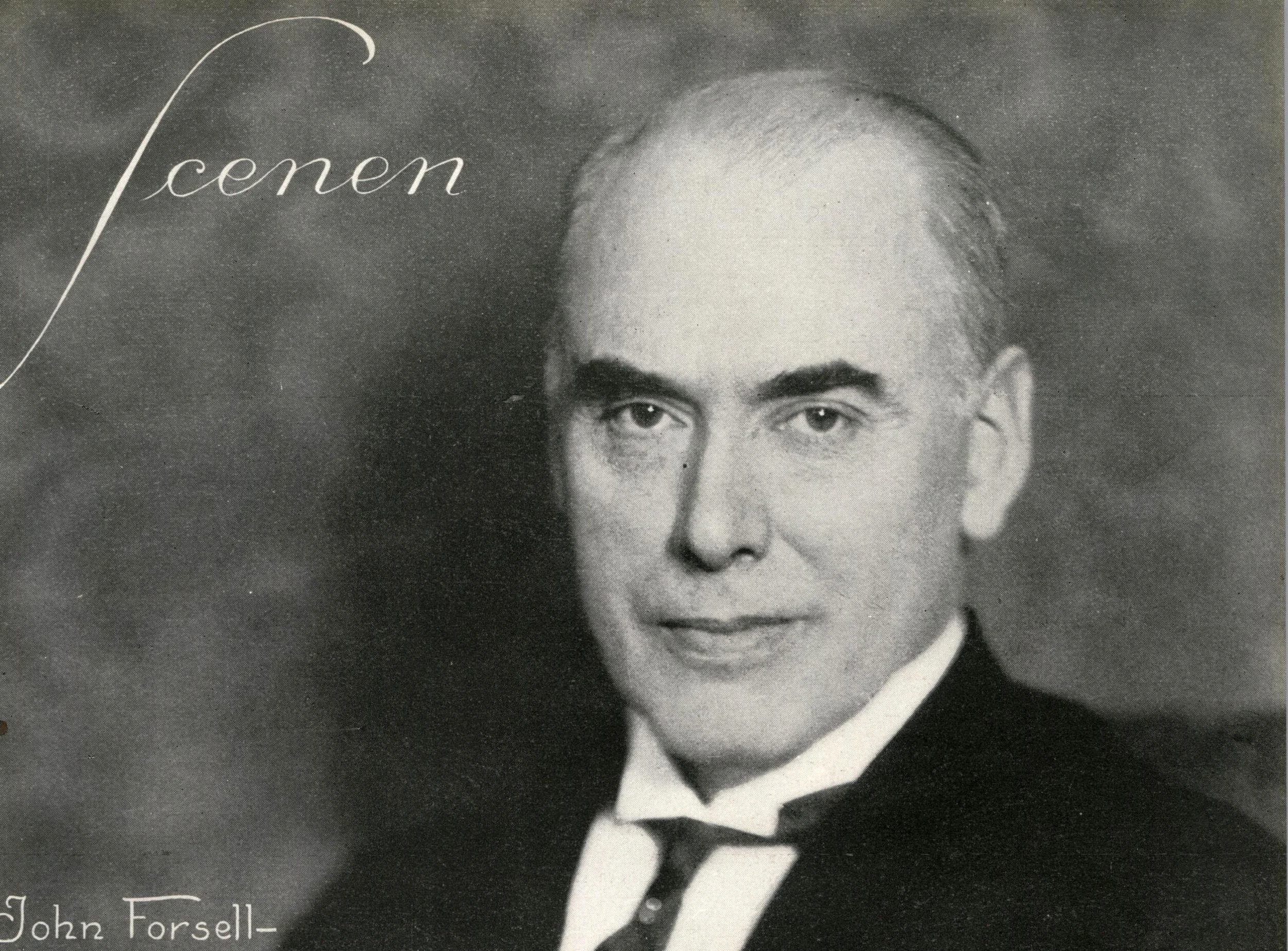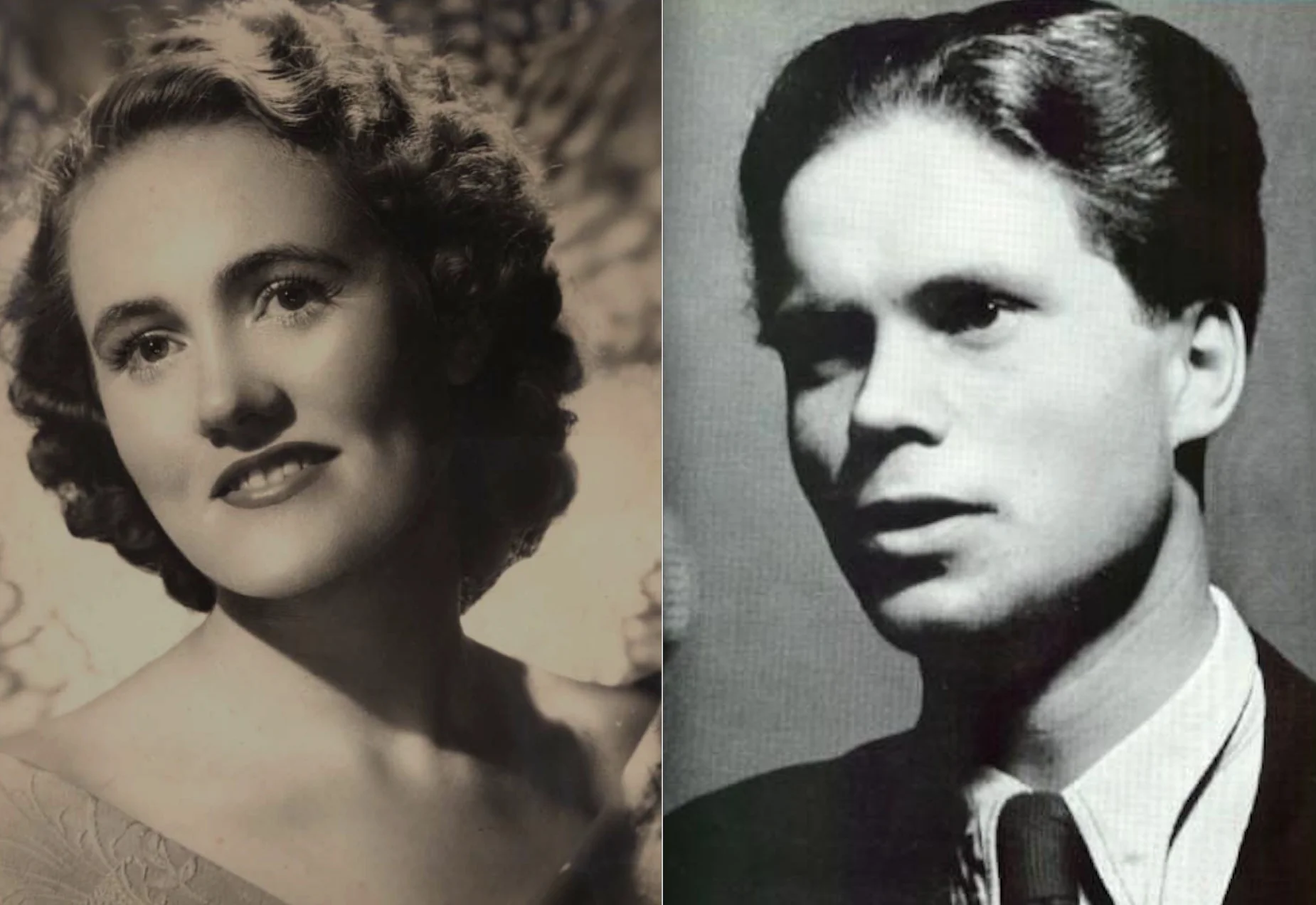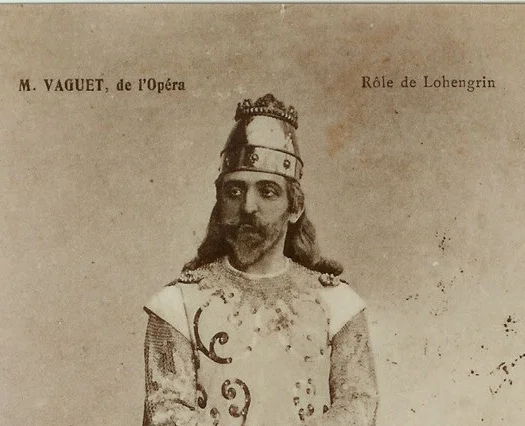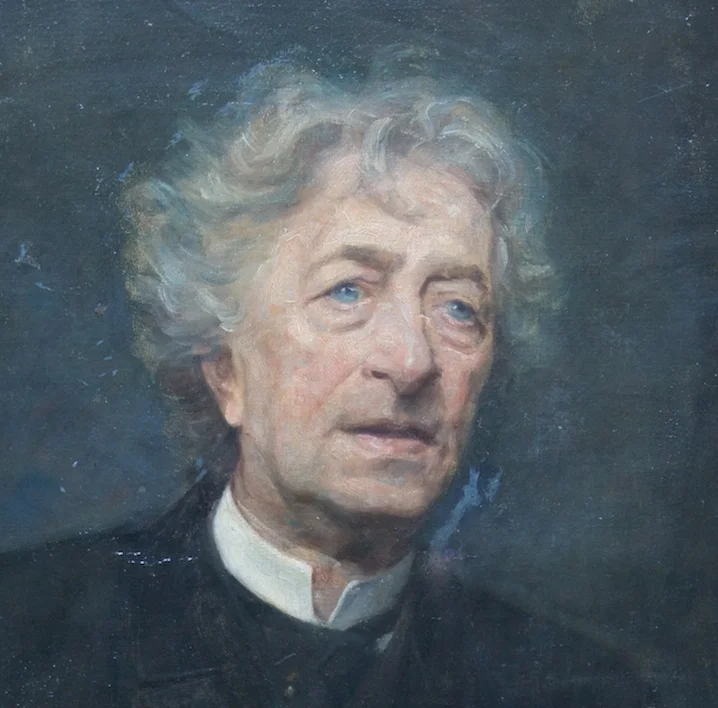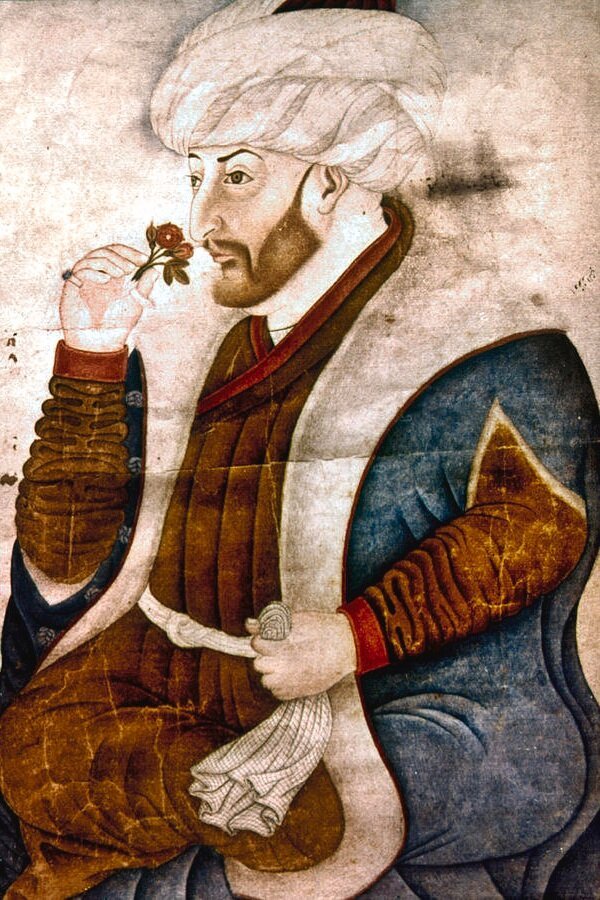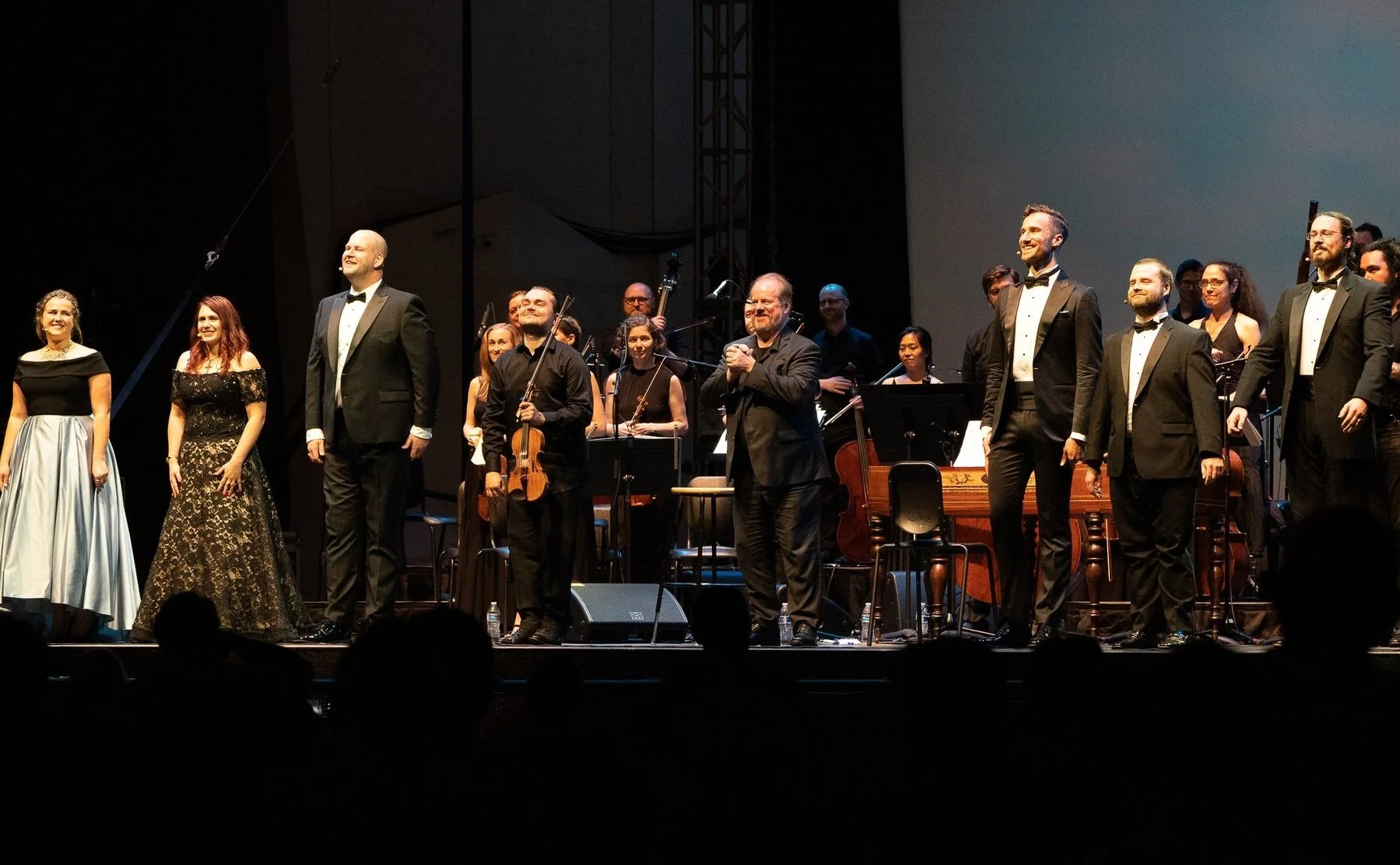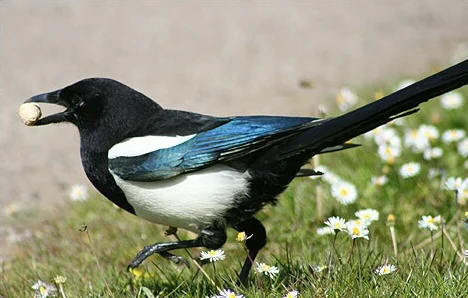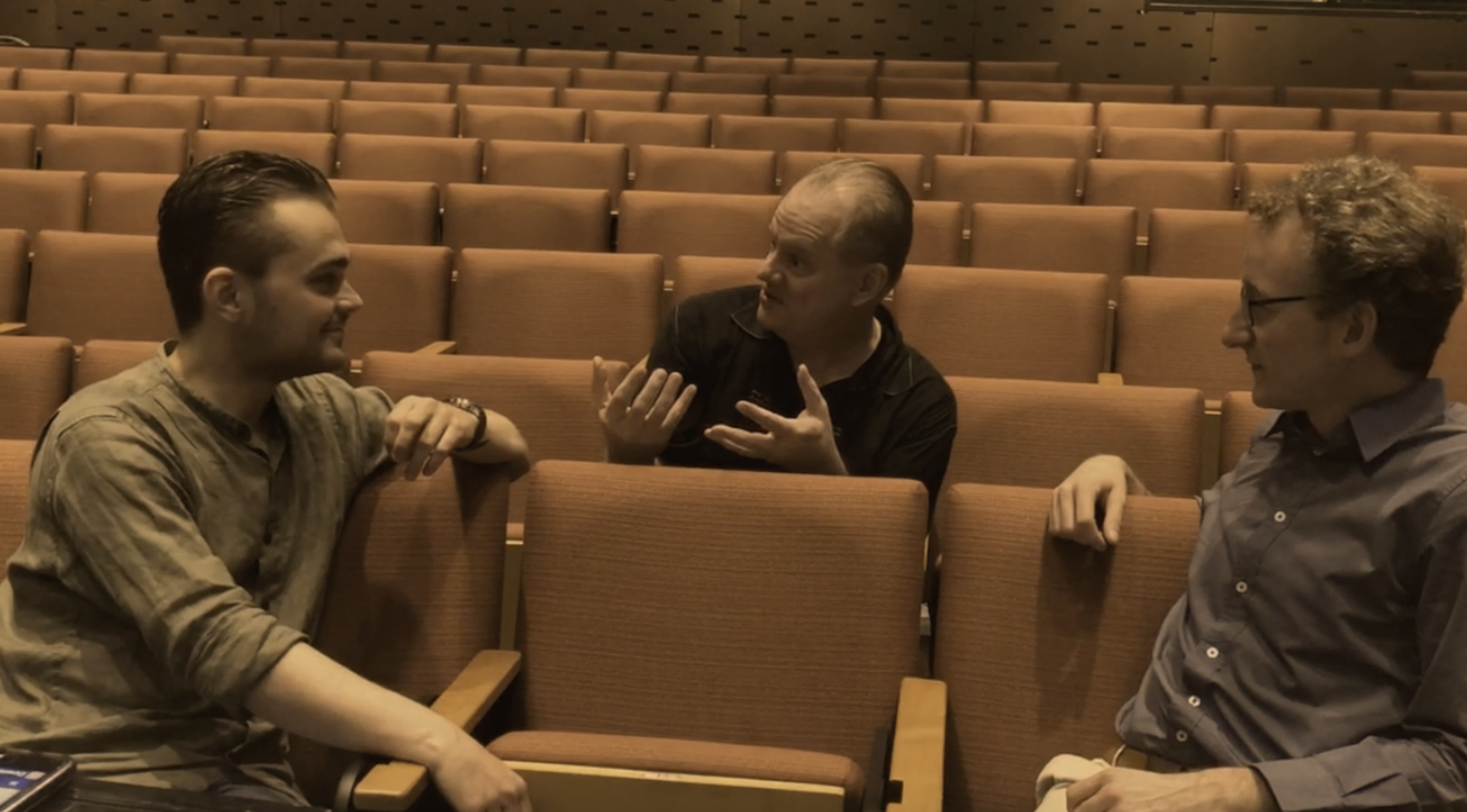The Composer’s Voice
How does a composer learn to write well for the human voice? The simplest way is by singing, and opera lovers might be surprised to learn how many composers could. I don’t mean professionally - by the time the great repertory operas were written, things had become too specialized for that to be likely. By “could” I mean they were able to express music with their own voices well enough to give pleasure to listeners.
1824 concert program; Rossini sang Largo al factotum and a Cimarosa duet
Rossini is one who actually did sing for paying customers now and then - most often buffo items like “Largo al factotum,” but also the difficult solo part in his cantata on the death of Lord Byron, and such cantabile pieces as Desdemona’s Willow Song from Otello. In the latter, according to the London Morning Post in 1823, he “sang most divinely, with exquisite pathos and expression of voice and countenance.” His voice, the critic added, “is a good clear tenor.”
Verdi never did that, but he did teach roles to singers by direct vocal example, and his voice as heard in private gatherings was at least once described as “soavissima.” Wagner gave an invitation-only reading of the second act of Tristan und Isolde with himself as hero and Pauline Viardot as heroine - and since he later complained that she had dropped down an octave in the high phrases, we can probably assume that he managed to sing his part without such compromises. Gounod seriously contemplated stepping into the title role of Faust when there were difficulties of various kinds with the casting of the first production. We can’t know whether that would have been a success, but the fact that it was even an option says something.
Two composers generally recognized for writing “singable” music in the 20th century while their contemporaries went in other directions were Reynaldo Hahn and Samuel Barber. Both left behind proof-of-concept recordings, accompanying themselves as they often did in salon performances. Neither one had a voice for the stage - but they could sing, and did. Like Rossini they had an affinity for comic pieces. Neither one attempted anything comparable to Faust or Tristan. But yes, they were capable of “cantabile” within their limits. Something to add to the curriculum in composition departments?
Reynaldo Hahn at the piano, c. 1910
Samuel Barber at the piano, c. 1940
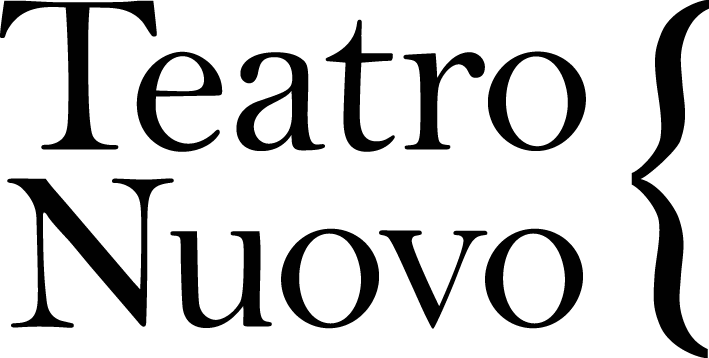









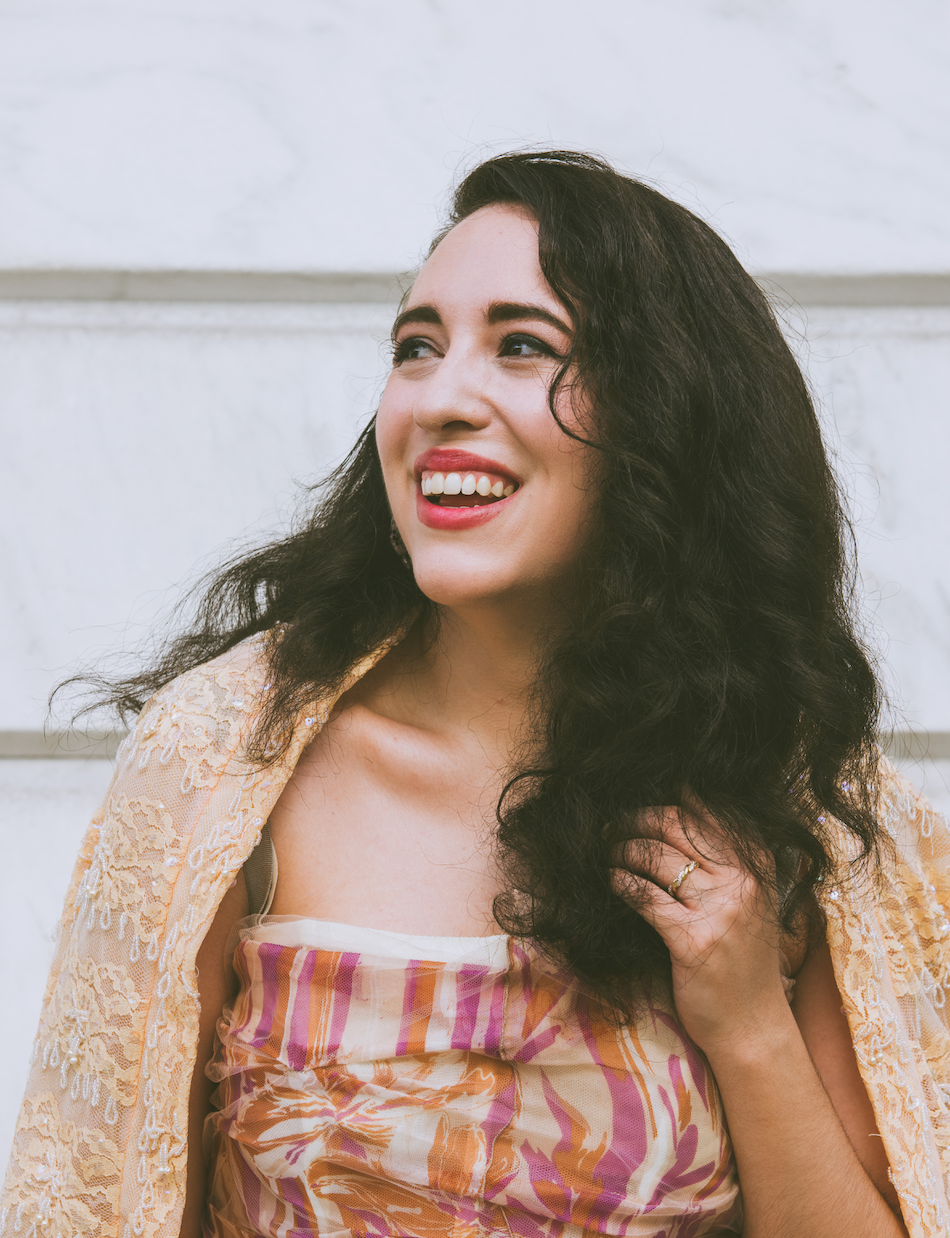













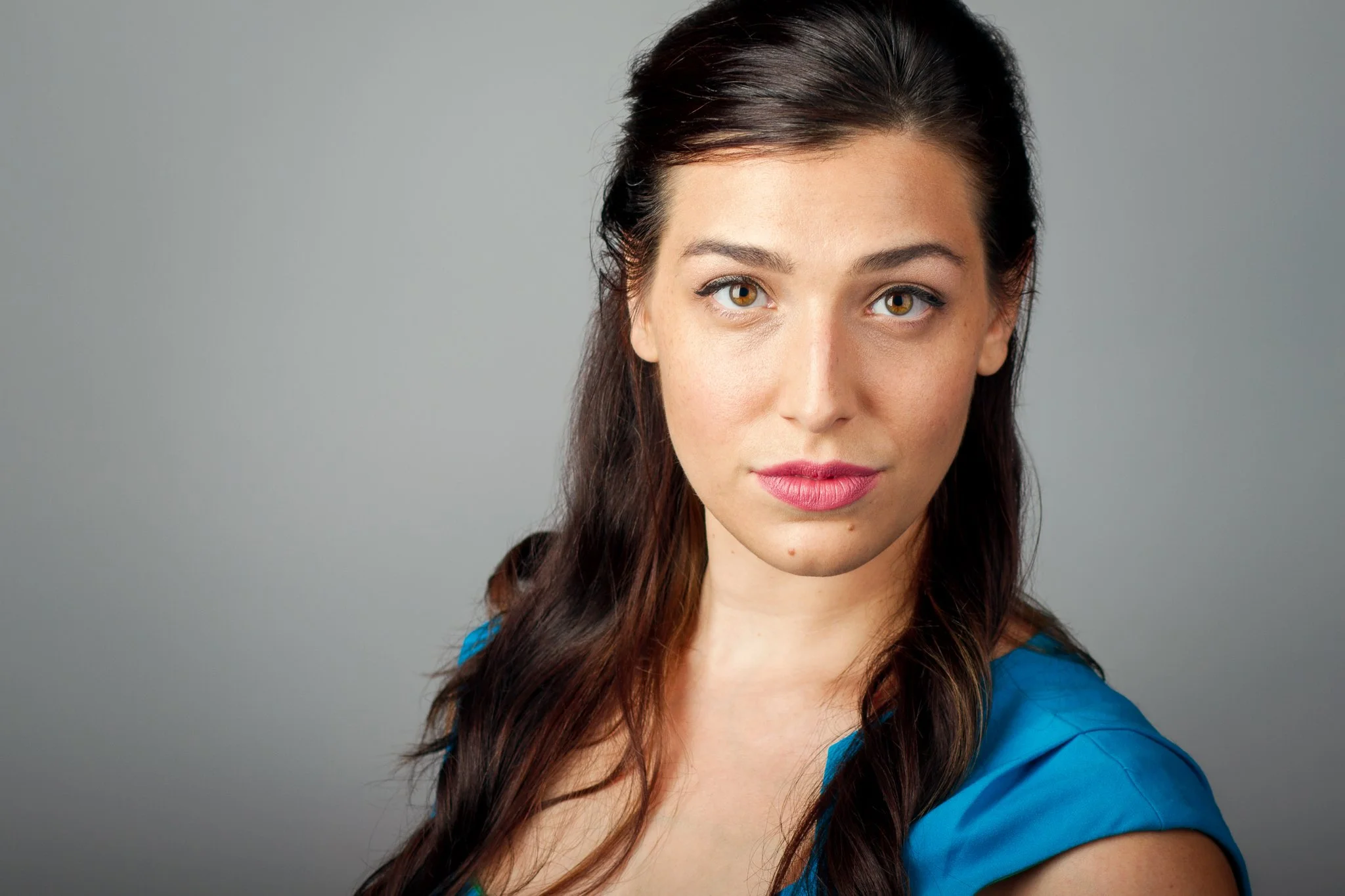










![Image 2 - Henry T. [Harry] Burleigh - Detroit Public Library.jpeg](https://images.squarespace-cdn.com/content/v1/596bb4e703596e837b624445/1591713684327-N7HW488JSZ7EN8T5AJSR/Image+2+-+Henry+T.+%5BHarry%5D+Burleigh+-+Detroit+Public+Library.jpeg)







